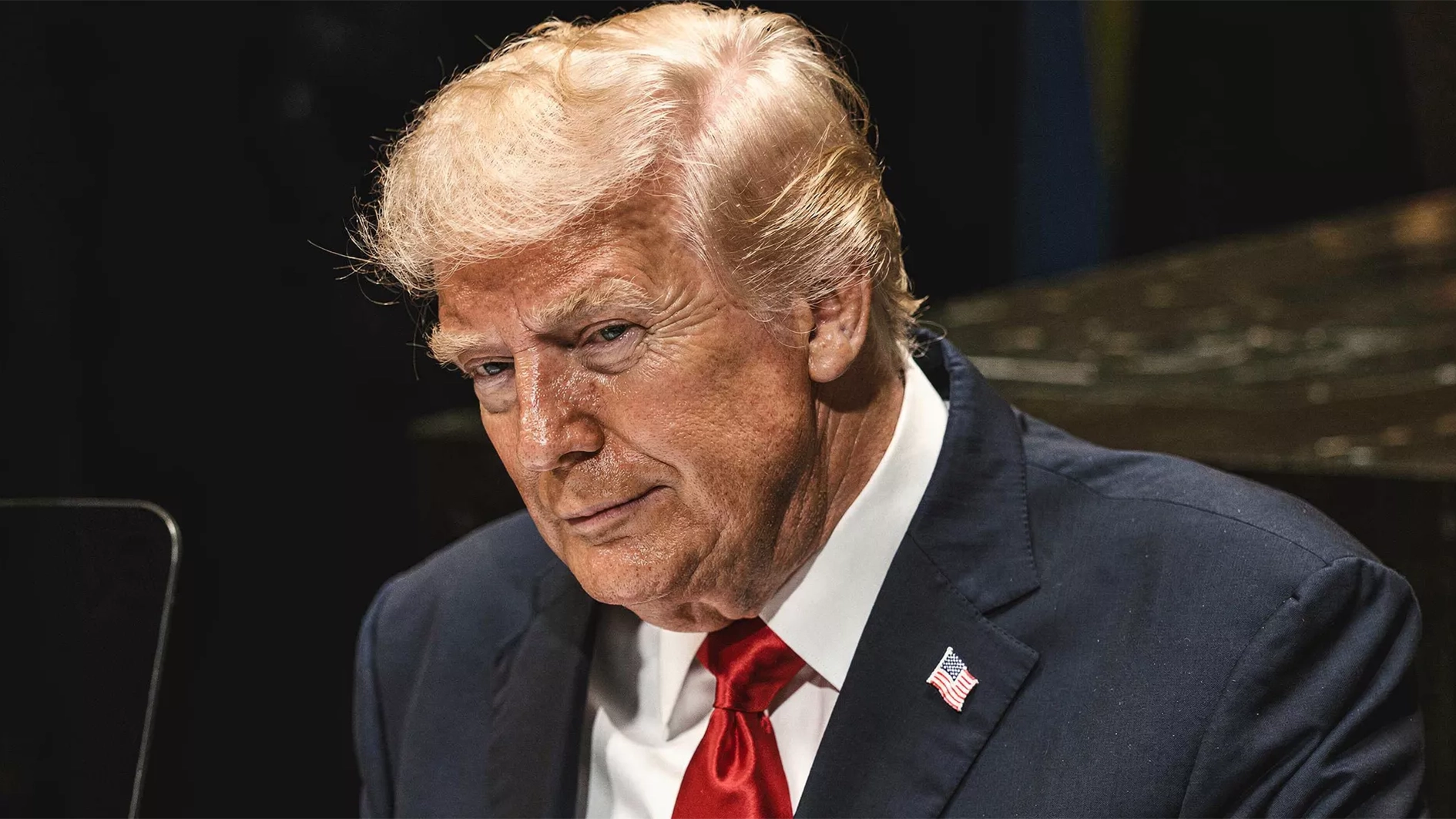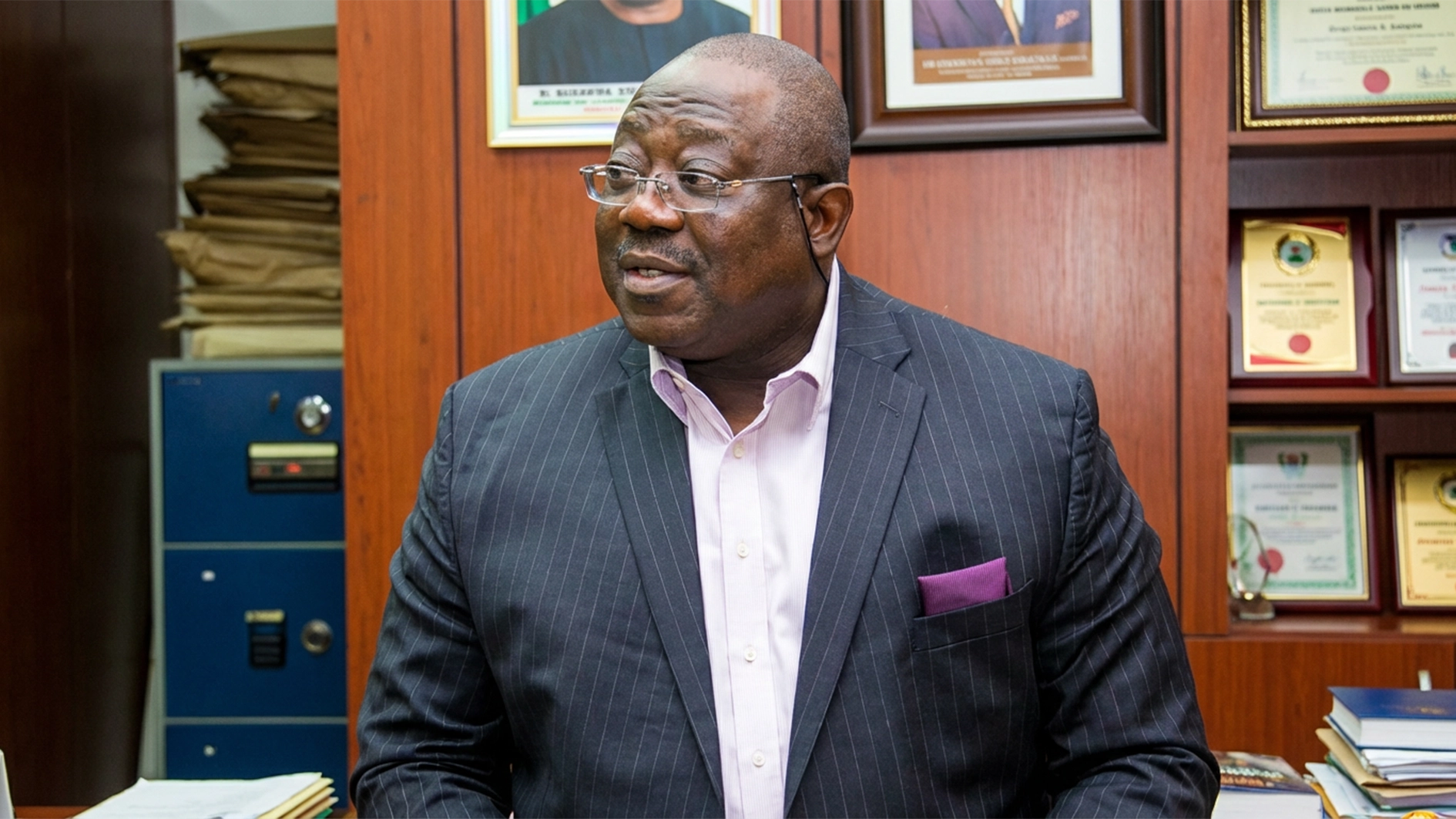I completed my secondary school education at Iruekpen Grammar School in the gown town of Ekpoma in 1983. With unrestrained enthusiasm for literary work, I embarked upon intensive reading, trying to fathom the unfathomable in the literary realm. At least, the end, that is, to acquaint myself with the magic of syntax and semantics, made it worthwhile.
It was a struggle with the tension and contradictory dynamics of colonialism. English, a colonial language which my country had been fated to adopt as a lingua franca. I thought and believed that the use of a colonial instrument, somewhat inversely, to engage with the colonial heritage and neo-colonial forces, was redemptive.
It was in that bubbling enthusiasm that my imagination was fired. I was struck with a notion—noble indeed and borne out of inspiration – the idea that I should write a book on the momentous achievement of Chief Obafemi Awolowo, fondly called Awo. As a teenager, I had known Awo by reputation.
He was a mythical figure whose image was etched on the moon. Anyhow, such was the legend. Such a work, surely, was not an easy task, moreso for a burgeoning lad like me. I stressed and exercised my juvenile wisdom and wrote eleven chapters on his contribution to statecraft. The outcome was a political biography entitled “The Oasis.” I was not convinced I did a good job. A disquieting conflict of diffidence ensued.
It was later to be salved by a strong resolve to see the statesman with facts about him, and that his pronounced judgement would be conclusive on the subject and attendant inhibitions.
I left Ekpoma for Lagos in what I can now call a visit to the Sage, one of the greatest prophets of human advancement in this twentieth century. In Lagos, I headed for Awo’s Parklane residence of Papa Awo. I was told Papa had moved to his Ikenne abode. I had to travel to Ikenne to see him. One thing that happened at his Parklane residence during my visit is worth recalling.
I met two old men, about the same age, I guess, with Awo. They sat inside the security pavilion. I sat with them. They said to me, “Follow Papa, listen to him; he can shape this country.” The statement, it struck me, was borne out of practical empiricism, because they were not learned men in Western philosophy. With that exhortation, I left Parklane more determined to see Papa at Ikenne. This was January 1985.
I travelled to his residence at No. 6 Ajina Street, Ikenne. I met the security man at the gate for routine scrutiny. Afterwards, I met the secretary who was very receptive. I immediately explained the reason for my visit, that I had written a political biography about Papa. I handed him the poorly typed manuscript. And he said he would read it and pass it to Papa. I was to call again the succeeding week. This was so because it was conventional for people to see him on appointment. As the week approached, I went to Ikenne. I could not see Papa because he was very busy.
The third week rolled in. It was Thursday, the January 31, of 1985. I was again at Ikenne. I met the secretary. He was receptive as usual. We sat inside the Sopolu library. He told me Papa was at home, but had not come to the office. It meant I had to wait.
It was about 4 pm in the evening, Papa came to the office, located upstairs inside the Sopolu library. This time, I had no formal appointment to see him that day, yet I was received. The secretary quickly passed the manuscript to him.
A few minutes later, he asked the librarian, Mr. Adeniyan, to call me. I was elated. I went with him. I stood face to face with Papa, the legendary tortoise, the central conflict of every clever act.
I said “Good evening, sir” with a respectful bow. He ushered me to a seat. I sat down facing Papa in the opposite direction. He shook hands with me and asked, “You are Akhaine?” I nodded. “Welcome, my son”, he said. He began the awaited verdict: “I read the manuscript, it was a commendable effort, I hope you will one day write a big book. There are a few grammatical errors, correct them yourself.”
“This is only a pamphlet”, he continued. “I will buy a copy when it is published.” I asked him to sponsor the publication, but he declined and referred me to the Spectrum Book. He instructed the librarian to give me the address of Oluyole Estate, Spectrum hideout.
After my conference with him, he gave me a N20 note for transport. I thanked him and left. In hindsight, I wish I had kept the N20 note as a memento from the great leader.
I visited Spectrum at the Oluyole estate. I gave them the manuscript and told them Papa referred me to them. They demanded a note which Papa did not give me. Within three months, the manuscript was returned to me with a note saying it was too short and could not justify publication. The negative response made me wonder why books with fifty pages were published. I took the manuscript to Papa’s son, Oluwole, who promised to see to the publication. Although not published, I am happy that Papa had read it before his exit from this planet.
Professor Akhaine is of the Department of Political Science, Lagos State University.






